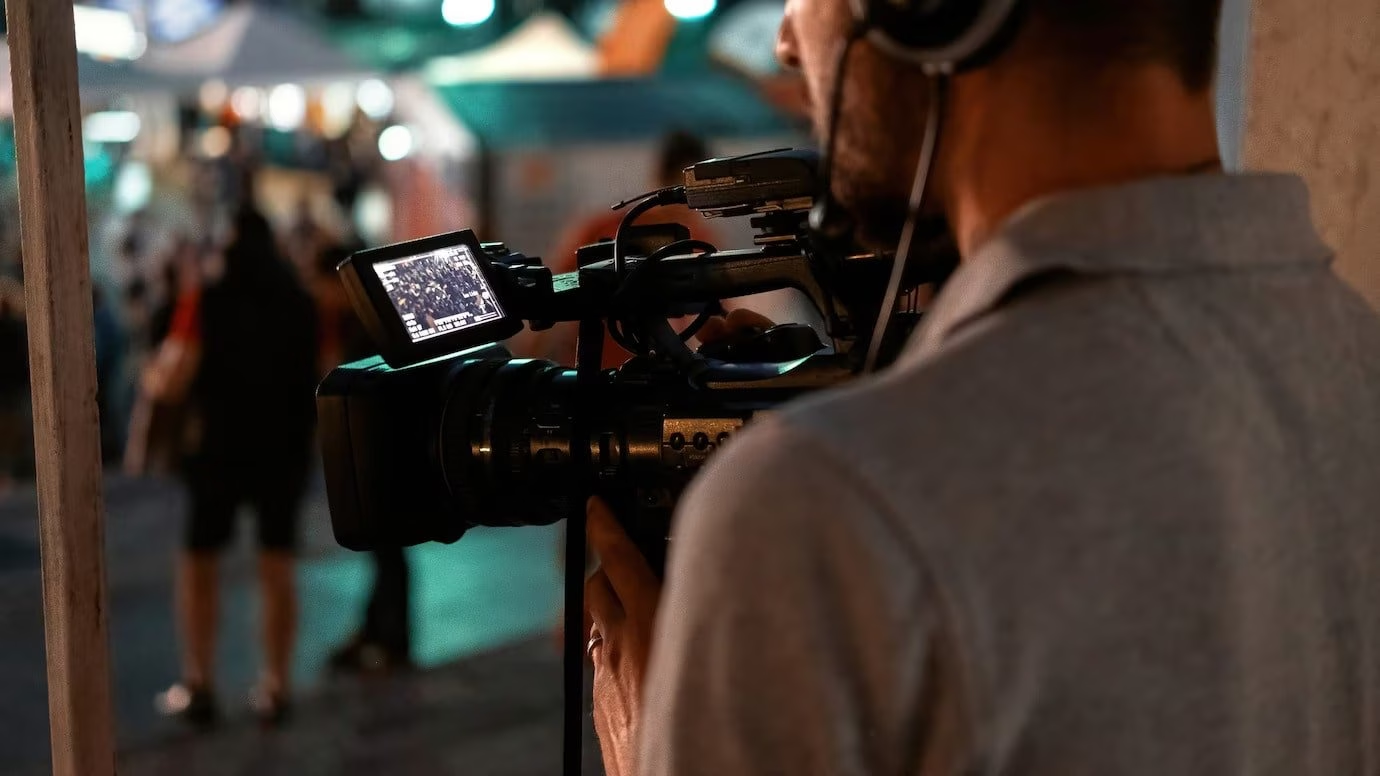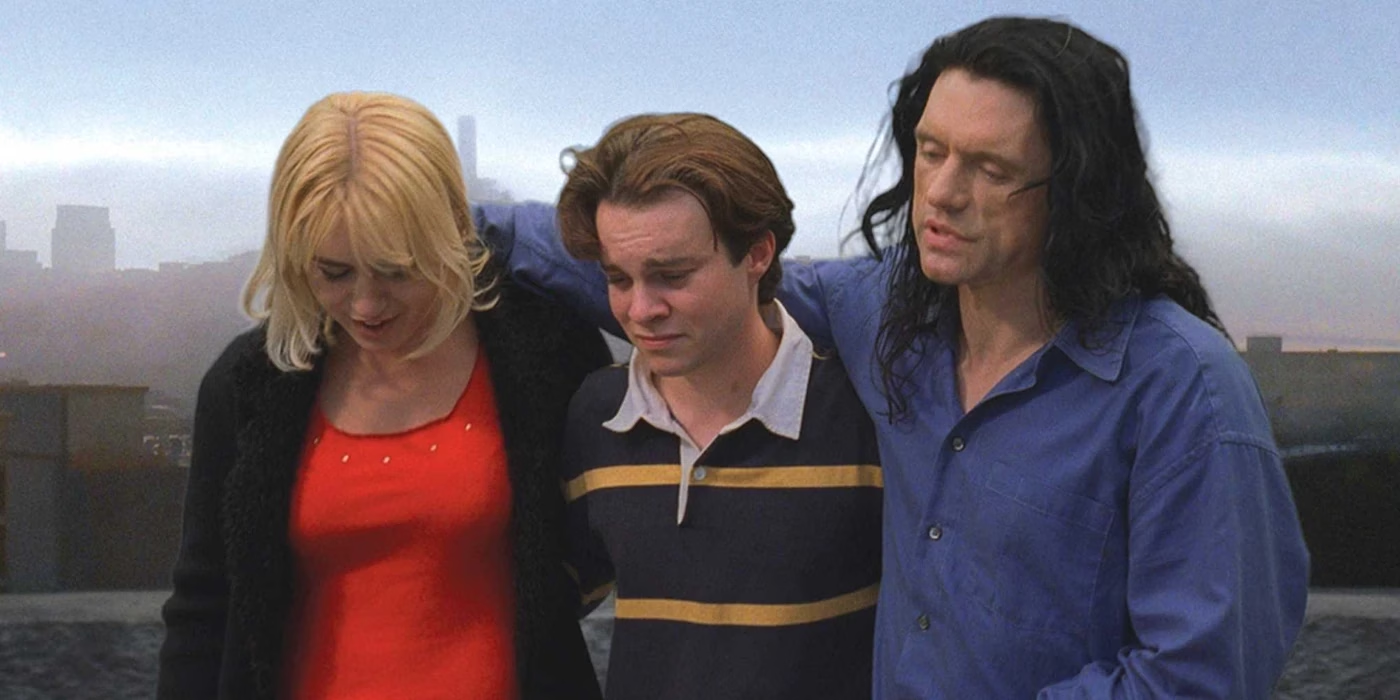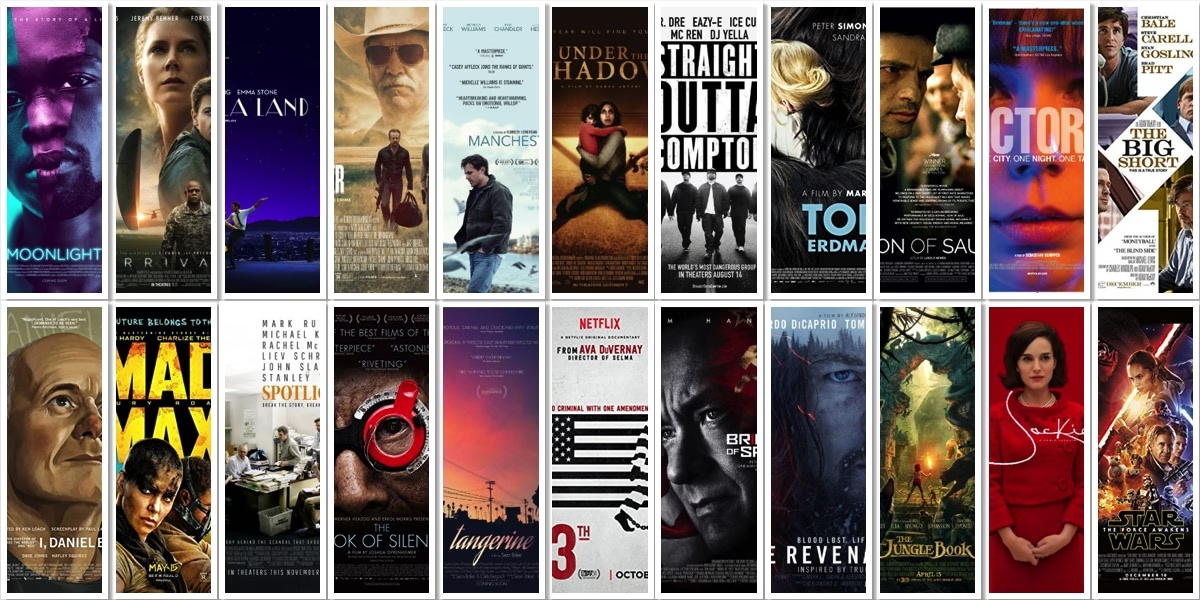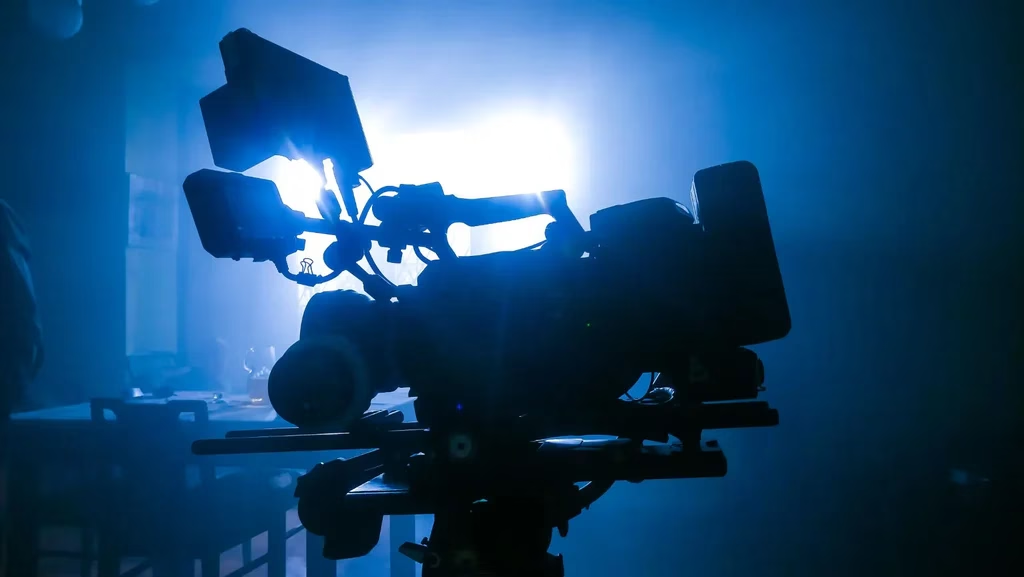Cinema has the power to shape our understanding of the world and the people who inhabit it. However, for decades, Hollywood has been criticized for its lack of diversity and its perpetuation of harmful stereotypes. In recent years, there has been a growing movement towards greater inclusivity and more authentic representation on screen. This shift reflects a growing awareness of the social and political implications of how marginalized groups are portrayed in film.
The Importance of Authentic Representation:
- Challenging Stereotypes: Historically, marginalized groups have been frequently misrepresented or stereotyped in film. These stereotypical portrayals can reinforce prejudice, limit opportunities, and perpetuate harmful social inequalities.
- Promoting Diversity and Inclusivity: Authentic representation goes beyond simply including diverse characters. It requires creating roles that are complex, multi-dimensional, and avoid falling into stereotypical tropes.
- Fostering Empathy and Understanding: When done well, film can foster empathy and understanding between different groups. By showcasing the lived experiences of marginalized communities, films can challenge audiences’ preconceived notions and promote a more inclusive and equitable society.
The Role of Representation Beyond the Screen:
- Diversity Behind the Camera: Authentic representation extends beyond the actors on screen. It is crucial to have diverse voices and perspectives represented behind the camera, including directors, writers, producers, and crew members.
- Addressing Systemic Issues: The fight for authentic representation requires addressing systemic issues within the film industry, such as lack of access to funding and opportunities for filmmakers from marginalized communities.
The Ongoing Struggle:
Despite progress in recent years, challenges remain. The fight for authentic representation is an ongoing struggle, requiring constant vigilance and a commitment to challenging the status quo.
Conclusion:
The politics of representation in contemporary cinema are complex and multifaceted. By striving for authentic portrayals, challenging stereotypes, and creating a more inclusive and equitable film industry, we can harness the power of cinema to promote social justice, foster empathy, and create a more just and equitable society for all.
Disclaimer: This analysis explores general concepts and ethical considerations related to representation in film. The specific challenges and considerations will vary depending on the context and the specific groups being portrayed.






